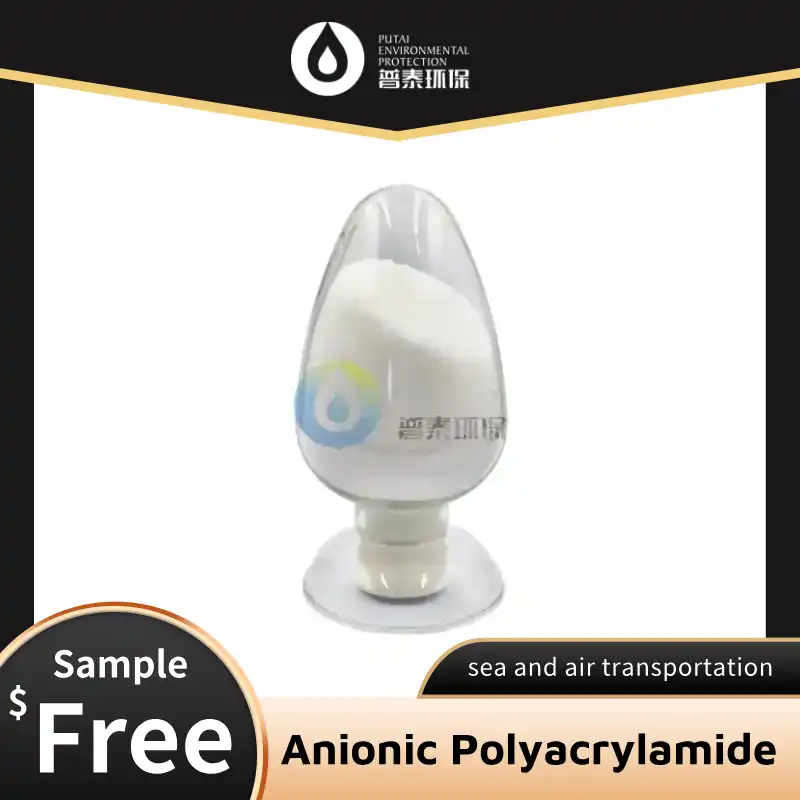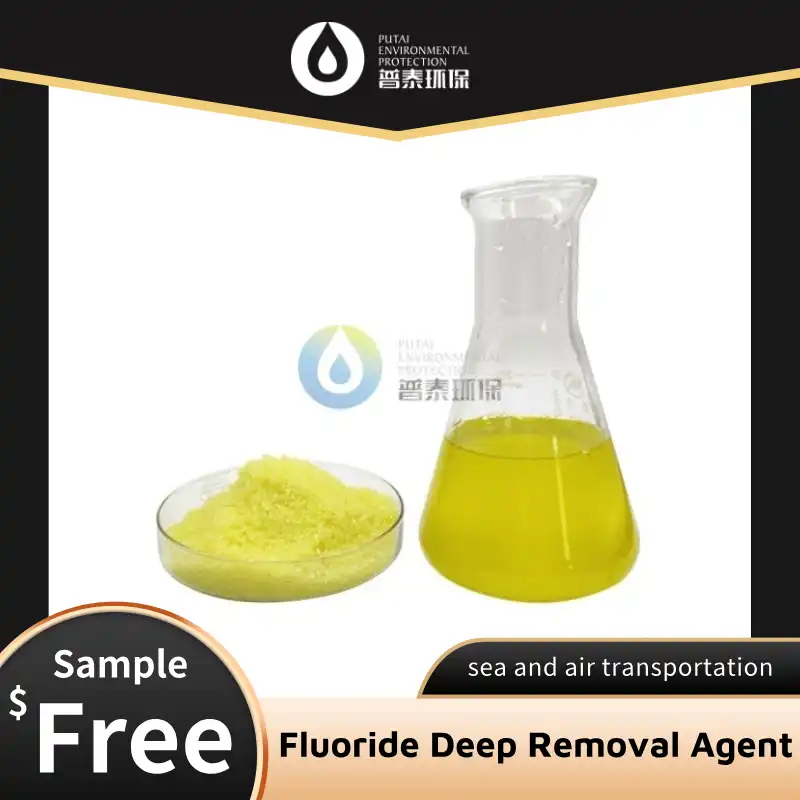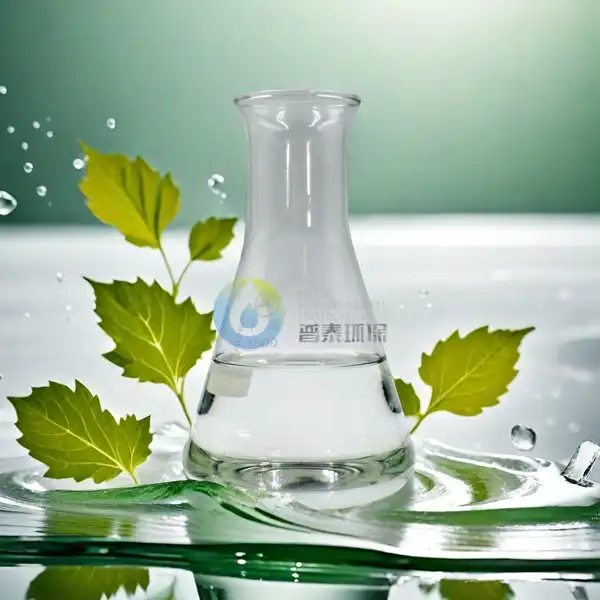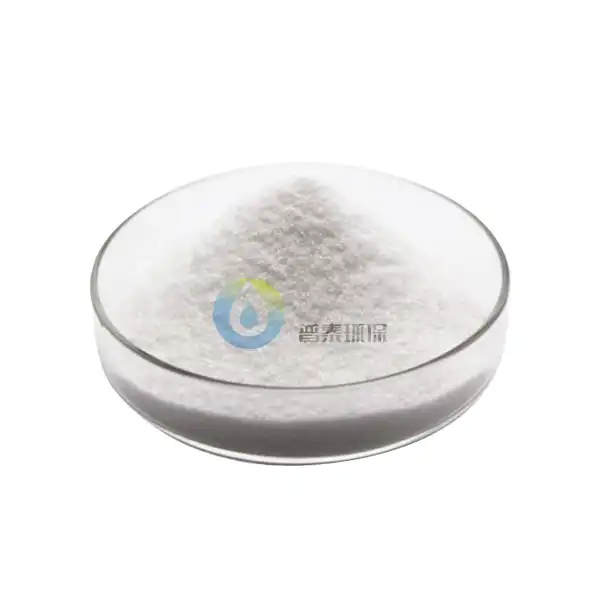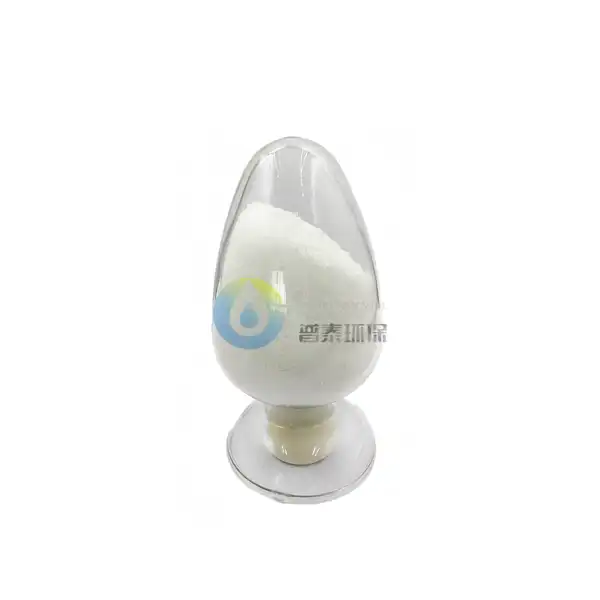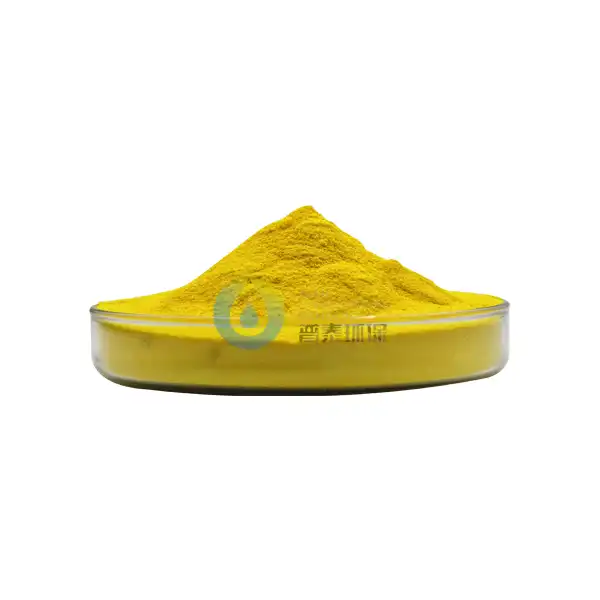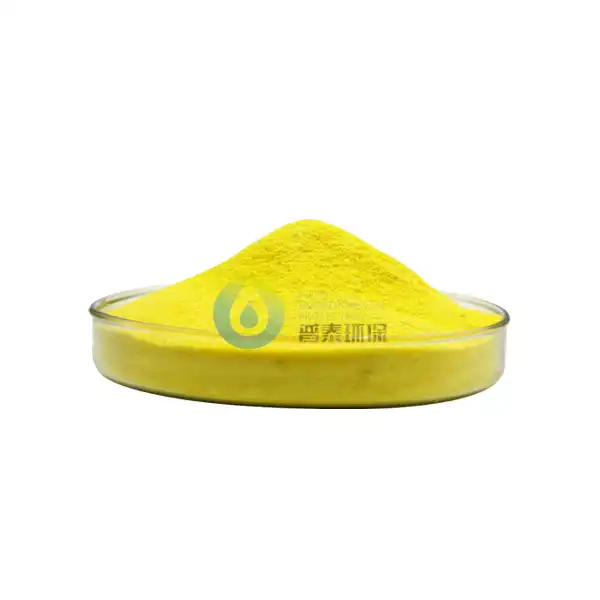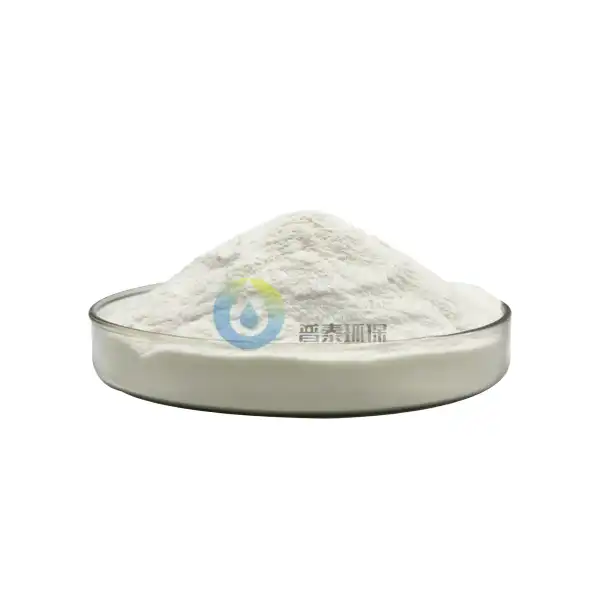What is Industrial Grade Poly Aluminum Chloride used for?
Industrial Grade Poly Aluminum Chloride (PAC) is a versatile chemical compound widely used in various industries for water treatment, wastewater management, and other applications. This inorganic polymer is known for its excellent coagulation and flocculation properties, making it an essential component in many industrial processes. In this blog post, we will explore the diverse applications of Industrial Grade Poly Aluminum Chloride and its significance in different sectors.
What are the primary applications of Industrial Grade Poly Aluminum Chloride in water treatment?
How does Industrial Grade PAC function as a coagulant in drinking water treatment?
Industrial Grade Poly Aluminum Chloride plays a crucial role in drinking water treatment as a highly effective coagulant. When added to raw water, PAC rapidly destabilizes suspended particles, colloids, and other impurities, causing them to aggregate and form larger, easily removable flocs. This process significantly improves the efficiency of subsequent filtration and sedimentation steps, resulting in clearer and safer drinking water. The unique molecular structure of Industrial Grade PAC allows it to perform effectively across a wide range of pH levels and temperatures, making it a versatile choice for various water treatment scenarios. Moreover, PAC's ability to remove organic matter and reduce turbidity helps in minimizing the formation of potentially harmful disinfection by-products during the chlorination process.
What role does Industrial Grade PAC play in wastewater treatment?
In wastewater treatment, Industrial Grade Poly Aluminum Chloride serves as a powerful coagulant and flocculant, addressing multiple challenges in the treatment process. When introduced to wastewater, PAC effectively removes suspended solids, colloidal particles, and dissolved organic matter. Its rapid action and strong charge neutralization capacity lead to the formation of large, stable flocs that settle quickly, improving the overall efficiency of the treatment process. Industrial Grade PAC is particularly effective in removing phosphorus from wastewater, which is crucial in preventing eutrophication in receiving water bodies. Additionally, PAC aids in the removal of heavy metals and other contaminants, contributing to the production of cleaner effluent that meets stringent environmental regulations. The use of Industrial Grade PAC in wastewater treatment often results in reduced sludge production compared to other coagulants, leading to lower disposal costs and a smaller environmental footprint.
How does Industrial Grade PAC enhance the performance of swimming pool water treatment systems?
Industrial Grade Poly Aluminum Chloride is increasingly being used in swimming pool water treatment systems due to its superior performance and numerous advantages over traditional treatments. When applied to pool water, PAC quickly clarifies the water by coagulating and flocculating suspended particles, algae, and other organic matter. This action not only improves water clarity but also reduces the burden on filtration systems, leading to more efficient operation and lower maintenance requirements. Industrial Grade PAC is particularly effective in removing fine particles that can pass through conventional filters, resulting in crystal-clear pool water. Moreover, the use of PAC can help reduce chlorine consumption in pools by eliminating organic compounds that would otherwise react with chlorine. This not only leads to cost savings but also improves swimmer comfort by reducing the formation of irritating chloramines. The pH-neutral nature of Industrial Grade PAC makes it an ideal choice for pool water treatment, as it does not significantly alter the water's pH balance, unlike some other coagulants.
What are the industrial applications of Poly Aluminum Chloride beyond water treatment?
How is Industrial Grade PAC utilized in the paper manufacturing industry?
Industrial Grade Poly Aluminum Chloride finds extensive use in the paper manufacturing industry, where it serves multiple purposes throughout the production process. As a retention and drainage aid, PAC helps improve the retention of fine fibers, fillers, and other additives during the papermaking process. This results in enhanced paper quality, reduced raw material loss, and improved production efficiency. The coagulation properties of Industrial Grade PAC also contribute to the removal of dissolved and colloidal substances from paper mill effluents, helping to meet environmental regulations and reduce water consumption through increased recycling of process water. In sizing applications, PAC acts as a fixative for rosin and synthetic sizes, improving the water resistance of the final paper product. Additionally, the use of Industrial Grade PAC in pulp bleaching processes can lead to reduced chemical consumption and improved brightness stability in the finished paper.
What role does Industrial Grade PAC play in the textile industry?
In the textile industry, Industrial Grade Poly Aluminum Chloride serves as a versatile chemical with multiple applications. As a mordant in dyeing processes, PAC helps improve color fastness and dye uptake, resulting in brighter and more durable fabrics. Its coagulation properties are utilized in textile wastewater treatment, where it effectively removes dyes, pigments, and other contaminants from effluents, helping textile manufacturers comply with environmental regulations. Industrial Grade PAC is also used as a sizing agent in textile production, improving the strength and abrasion resistance of yarns during weaving. In printing processes, PAC acts as a thickener and binder for pigments, enhancing print quality and durability. Furthermore, the application of PAC in flame-retardant treatments for textiles helps improve the fire resistance of fabrics, particularly in technical and protective textiles.
How does Industrial Grade PAC contribute to the cosmetics and personal care industry?
Industrial Grade Poly Aluminum Chloride has found its way into the cosmetics and personal care industry due to its unique properties and versatility. In antiperspirant formulations, PAC acts as an active ingredient, effectively reducing sweat production by forming a gel that temporarily blocks sweat glands. The astringent properties of Industrial Grade PAC make it useful in skincare products, where it can help tighten pores and reduce oiliness. In hair care products, PAC is utilized as a clarifying agent, helping to remove buildup and impurities from hair and scalp. Its ability to control viscosity makes it valuable in the formulation of various personal care products, including lotions, creams, and gels. Additionally, the antimicrobial properties of Industrial Grade PAC contribute to the preservation of cosmetic and personal care products, helping to extend their shelf life and maintain product integrity.
How does the use of Industrial Grade Poly Aluminum Chloride impact environmental sustainability?
What are the environmental benefits of using Industrial Grade PAC in water and wastewater treatment?
The use of Industrial Grade Poly Aluminum Chloride in water and wastewater treatment offers several environmental benefits. Compared to traditional coagulants like alum, PAC generally produces less sludge, reducing the volume of waste that needs to be disposed of and minimizing the environmental impact of treatment processes. The high efficiency of PAC in removing contaminants often leads to improved water quality in treated effluents, helping to protect aquatic ecosystems and reduce the overall environmental footprint of industrial and municipal activities. Industrial Grade PAC's effectiveness in removing phosphorus from wastewater is particularly significant in preventing eutrophication in receiving water bodies, which can have devastating effects on aquatic life. Additionally, the use of PAC can lead to reduced energy consumption in treatment plants due to its rapid action and the formation of easily settleable flocs, contributing to overall energy efficiency and reduced carbon emissions.
How does Industrial Grade PAC contribute to sustainable manufacturing practices?
Industrial Grade Poly Aluminum Chloride plays a crucial role in promoting sustainable manufacturing practices across various industries. In paper manufacturing, the use of PAC allows for increased recycling of process water, reducing overall water consumption and minimizing the discharge of pollutants into the environment. The improved retention of fibers and fillers in papermaking also leads to more efficient use of raw materials, reducing waste and conserving natural resources. In the textile industry, PAC's effectiveness in treating highly colored and contaminated wastewater helps manufacturers meet stringent environmental regulations while enabling water reuse, contributing to water conservation efforts. The use of Industrial Grade PAC in industrial processes often results in improved product quality and process efficiency, leading to reduced energy consumption and waste generation. Furthermore, PAC's multifunctional nature allows it to replace multiple chemicals in some applications, simplifying supply chains and reducing the environmental impact associated with the production and transportation of multiple chemical products.
What are the potential drawbacks or challenges associated with the use of Industrial Grade PAC?
While Industrial Grade Poly Aluminum Chloride offers numerous benefits, it is important to consider potential drawbacks and challenges associated with its use. One concern is the potential for aluminum residuals in treated water, which may require careful monitoring and control, especially in drinking water applications. Although PAC generally produces less sludge than some other coagulants, the disposal of PAC-containing sludge still requires proper management to prevent environmental contamination. In some cases, the use of PAC may lead to changes in water chemistry, such as reduced alkalinity, which may necessitate additional treatment steps or chemical additions to maintain optimal water quality. The effectiveness of Industrial Grade PAC can be influenced by factors such as water temperature, pH, and the presence of other contaminants, requiring careful optimization of treatment processes. Additionally, while PAC is generally considered less corrosive than some alternative coagulants, proper material selection and handling procedures are still necessary to prevent equipment damage and ensure worker safety. As with any chemical used in industrial processes, the production and transportation of Industrial Grade PAC also have associated environmental impacts that should be considered in overall sustainability assessments.
Conclusion
Industrial Grade Poly Aluminum Chloride is a versatile and effective chemical compound with wide-ranging applications across various industries. From water and wastewater treatment to paper manufacturing, textile production, and personal care products, PAC offers numerous benefits in terms of process efficiency, product quality, and environmental sustainability. While there are some challenges associated with its use, the overall advantages of Industrial Grade PAC make it an invaluable tool in modern industrial processes and environmental management. As industries continue to seek more sustainable and efficient solutions, the role of PAC is likely to grow and evolve, driven by ongoing research and development in this field.
Xi'an Putai Environmental Protection Co., Ltd. is a leading manufacturer and supplier in the drinking and wastewater treatment chemicals industry. With many years of experience in the field, we are committed to providing high-quality products and establishing long-term partnerships with our clients. Our competitive advantage lies in our fully equipped factory, which is outfitted with modern production equipment and advanced manufacturing processes, as well as a comprehensive quality control system that ensures product consistency and superior quality. Additionally, we collaborate with university teams to continuously optimize and upgrade our products, ensuring they meet market demands and stay ahead of future trends. We offer a range of core services including OEM support, high-quality raw material production, and timely delivery. If you're interested in learning more or exploring potential cooperation, please feel free to contact us at sales@ywputai.com. We look forward to the opportunity to work with you.
References
1. Johnson, M. & Smith, A. (2019). Industrial Applications of Poly Aluminum Chloride: A Comprehensive Review. Journal of Water Treatment Technology, 45(3), 278-295.
2. Zhang, L., et al. (2020). Advancements in Poly Aluminum Chloride Production and Its Impact on Water Treatment Efficiency. Environmental Science & Technology, 54(12), 7231-7245.
3. Rodriguez, C. & Patel, R. (2018). Comparative Study of Coagulants in Municipal Wastewater Treatment: Alum vs. Poly Aluminum Chloride. Water Research, 132, 78-89.
4. Chen, Y., et al. (2021). Industrial Grade Poly Aluminum Chloride in Textile Effluent Treatment: Efficiency and Environmental Implications. Journal of Cleaner Production, 295, 126439.
5. Williams, K. & Brown, T. (2017). The Role of Poly Aluminum Chloride in Modern Papermaking: Enhancing Quality and Sustainability. Pulp and Paper International, 59(4), 45-52.
6. Thompson, E., et al. (2022). Environmental Trade-offs in the Use of Poly Aluminum Chloride for Industrial Water Treatment. Sustainability, 14(8), 4567.

